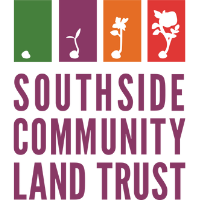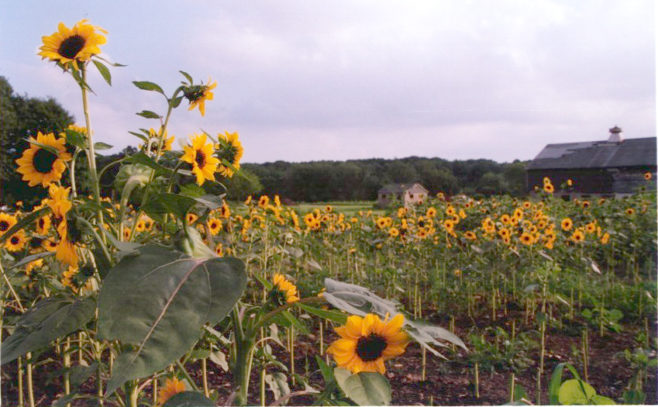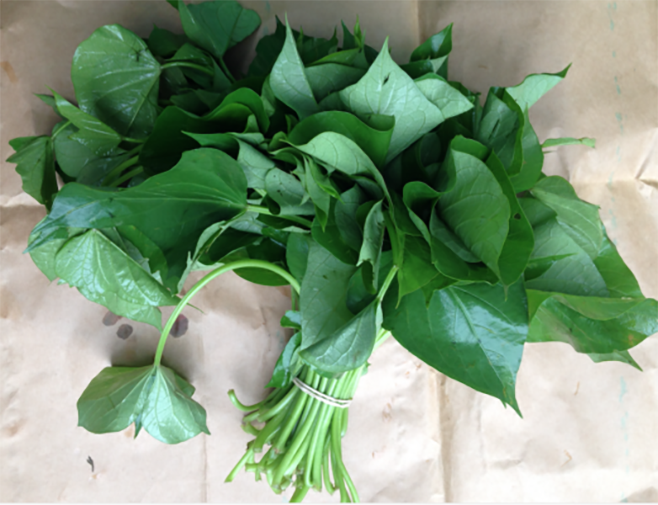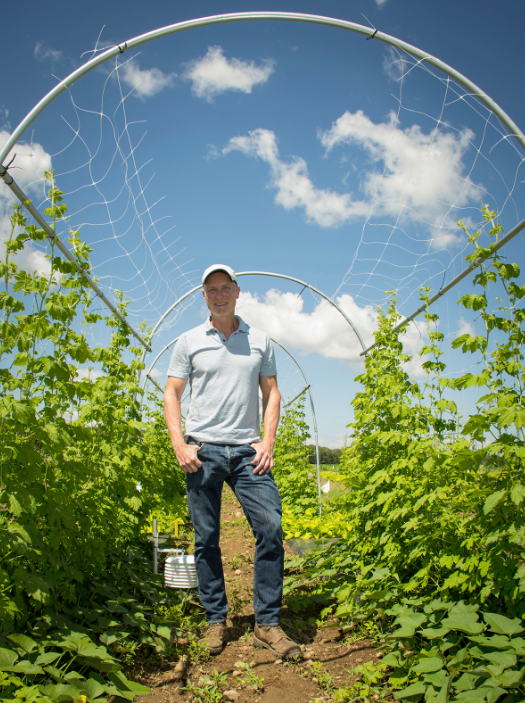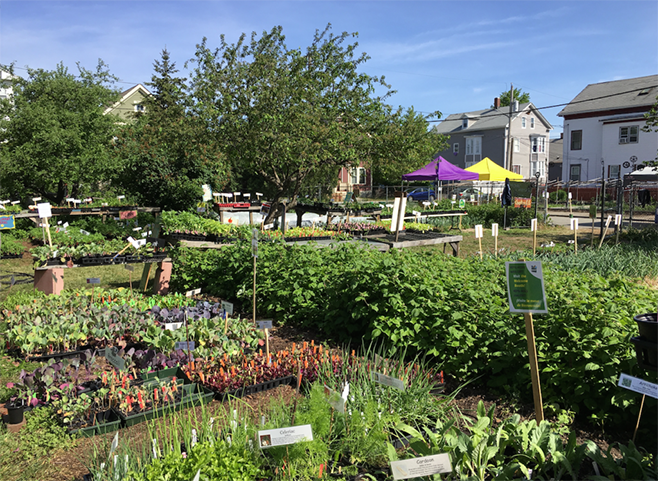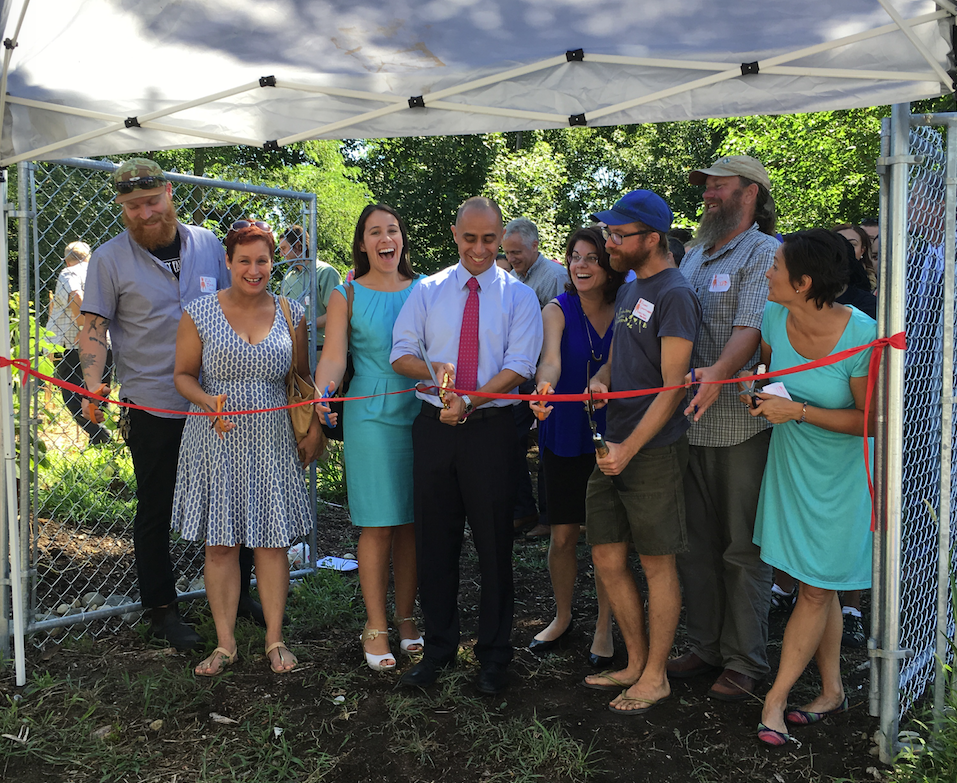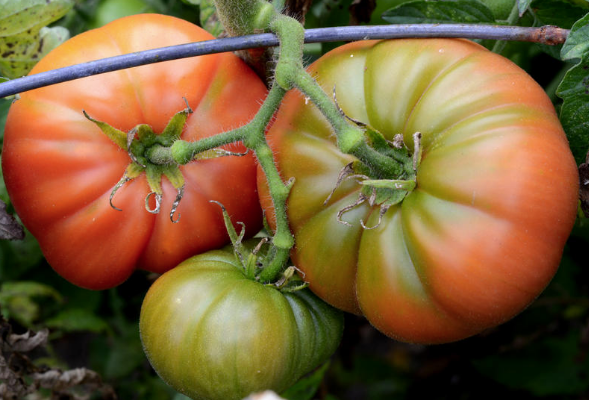SCLT is looking for an experienced professional to become our Director of Farmland Access and Education.
Expanding the market for locally grown, specialty produce
Besides offering technical training and affordable land to beginning farmers, in 2017, SCLT pooled immigrant and refugee farmers’ produce and sold it directly to wholesale markets, enabling farmers to add to their skills and reinvest in their businesses.
URI researcher testing vegetable growing methods popular among ethnic communities
How the Plant Sale has nurtured RI’s urban agriculture movement
“A few years ago nobody knew about urban agriculture,” says Roberta Groch, an SCLT board member who is also an urban planner for the state. “But, slowly we started incorporating it into the zoning in Providence and in other communities. And now it’s up at the State House, it’s in the Comprehensive Plan and in state regulations.
Nonprofit awarded nearly $600k to help beginning farmers
![]() PROVIDENCE, R.I. (AP)—A nonprofit in Providence has been awarded nearly $600,000 in federal funding to help expand training opportunities for beginning farmers and ranchers throughout Rhode Island.
PROVIDENCE, R.I. (AP)—A nonprofit in Providence has been awarded nearly $600,000 in federal funding to help expand training opportunities for beginning farmers and ranchers throughout Rhode Island.
Providence’s Olneyville neighborhood welcomes new urban farm
 A new urban farm in Providence’s Olneyville neighborhood opens today. It’s the fifth urban farm created by the nonprofit Southside Community Land Trust.
A new urban farm in Providence’s Olneyville neighborhood opens today. It’s the fifth urban farm created by the nonprofit Southside Community Land Trust.
The land trust has a network of 51 urban farms and community gardens. Executive Director Margaret DeVos explains that Providence needs these spaces because several of the city’s neighborhoods lack grocery stores. That means residents have limited access to produce at most of their local convenience stores.
